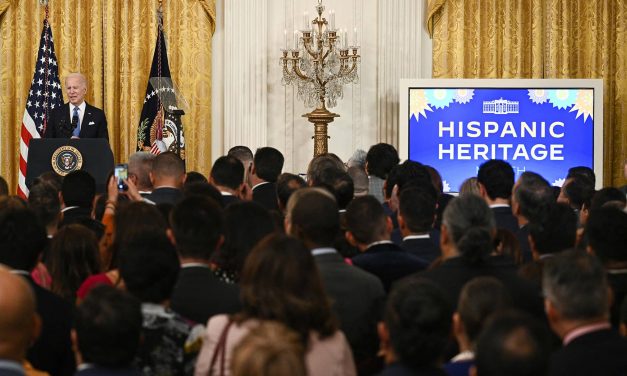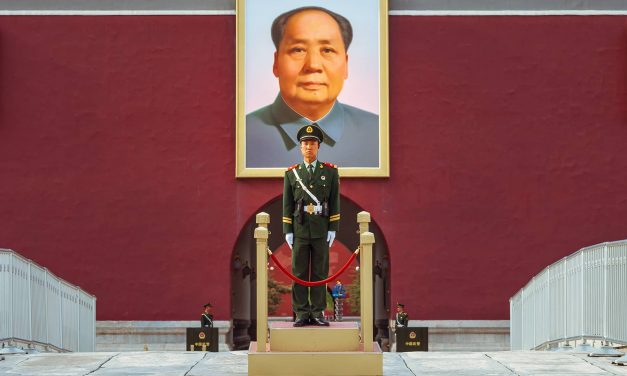Exploiting our food system: How precision agriculture has made farming overly dependent on technology
By George Grispos, Assistant Professor of Cybersecurity, University of Nebraska Omaha; Austin C. Doctor, Assistant Professor of Political Science, University of Nebraska Omaha Farmers are adopting precision agriculture, using data collected by GPS, satellite imagery, internet-connected sensors and other technologies to farm more efficiently. While these practices could help increase crop yields and reduce costs, the technology behind the practices is creating opportunities for extremists, terrorists and adversarial governments to attack farming machinery, with the aim of disrupting food production. Food producers around the world have been under increasing pressure, a problem exacerbated by the war in Ukraine and...
Read More















